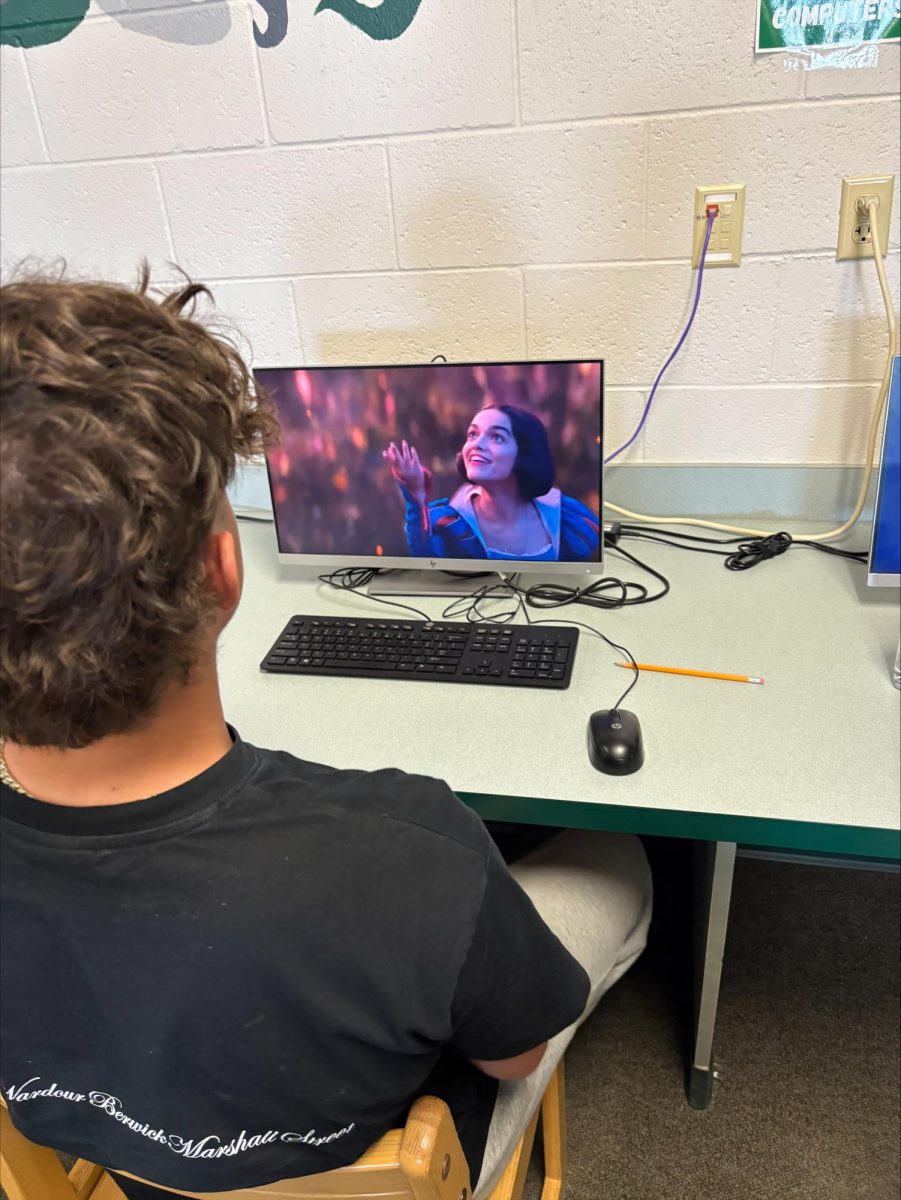New Years celebrations include an array of interesting traditions like watching fireworks, eating 12 grapes and wearing white. And of course, one of the biggest traditions on New Year’s Eve is making a resolution to start the new year.
There have been ongoing debates on whether making these resolutions actually make people work harder to complete their goals. These goals have been separated into two categories.
According to bbc.com, “Some were ‘avoidance goals’ – which, as the name suggests, involved quitting something like sweets, alcohol or social media. The others were ‘approach goals’ – which involved adopting a new habit – such as swimming twice a week or practicing the guitar in the evening.”
A great example of an approach goal comes from teacher Nathan Vital.
“One example that I went through last year was calling my good friends from Georgia at least once a month. It was really cool to see the ways that our relationship stayed active, even when we live so far apart,” Vital said. “It was helpful having my wife remind me about this commitment and encouraging me to do that.”
New Year’s resolutions have a good chance of being effective if the person has accountability and sticks to their goals.
However, the opposing opinion states, many have said that making New Year’s resolutions only works for a little while and are not effective long-term.
According to PsychologyToday, “Deliberative goals are thwarted by the more impulsive part of your brain, which implements automatic and habitual behaviors.”
Humans naturally tend to naturally fall back into old habits, and New Year’s resolutions don’t usually work for most people. Without responsibility for oneself, it’s quite hard to stick to a goal for long periods of time.
“I have tried new year’s resolutions: trying to eat better. I probably lasted about two months. I typically do not think resolutions, specifically New Year’s resolutions, are effective because they are trendy, unrealistic or based on others’ suggestions,” said vice principal Jeff Lamping. “For a resolution to be effective, a person needs to make a personal change that is realistic.”
New Year’s resolutions can be effective if someone genuinely wants to make a change in their life. If the goal isn’t too serious or the person isn’t taking it seriously, the change won’t happen. However, with accountability and a desire to change, a New Year’s resolution could be just the thing someone needs.








